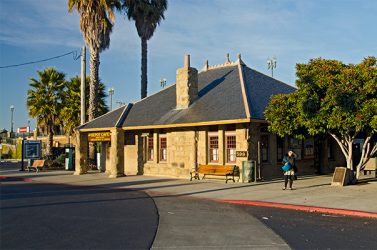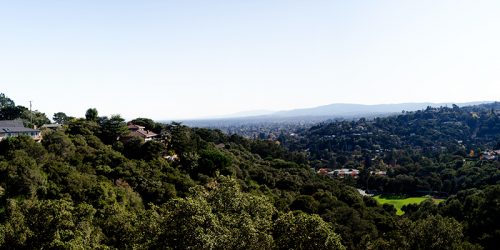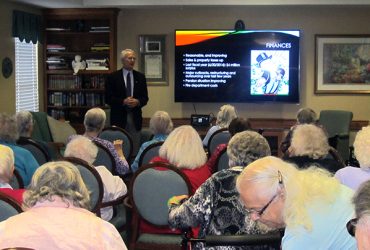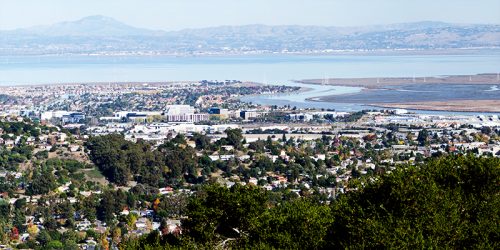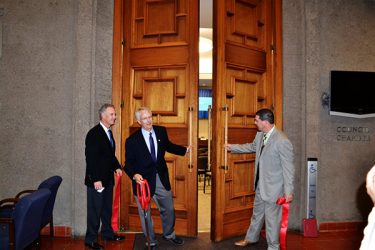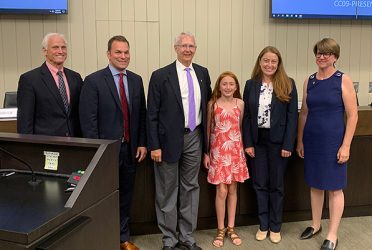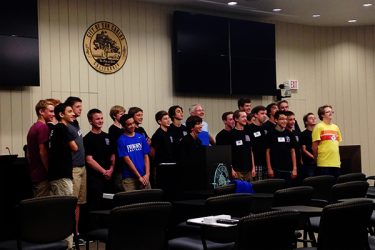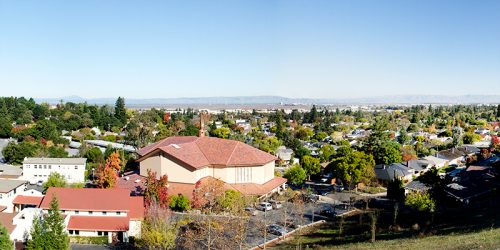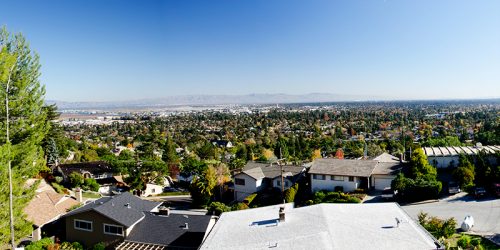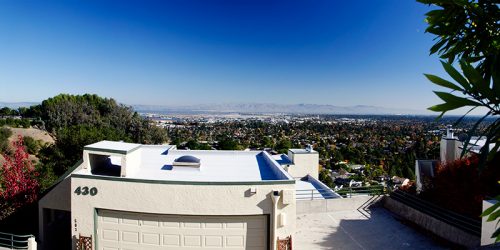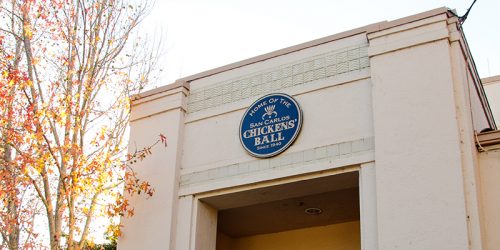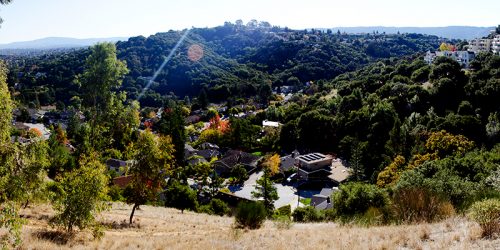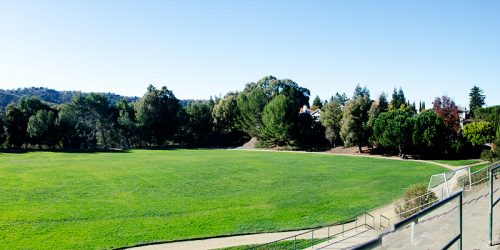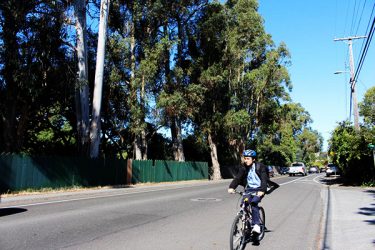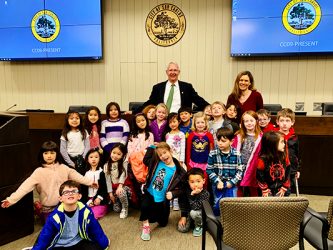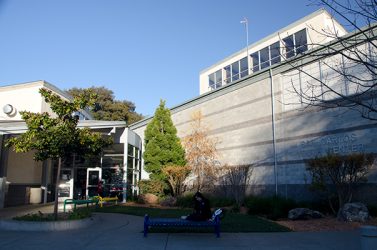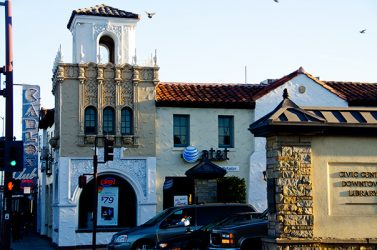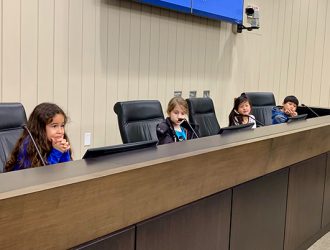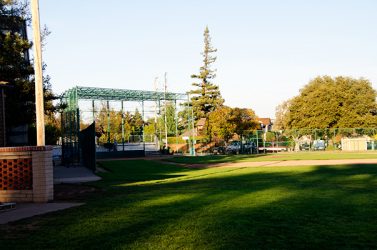Recently there was a VOCA poll that asked people from San Carlos how the mayor should be chosen. Three options were offered:
- Rotated among council members
- Appointed by majority vote of City Council
- Directly elected by voters
I think it’s great that VOCA is trying to use web technologies to increase citizen engagement with local government. But there are elements of California law which the choices gloss over that I think are worth writing about.
The first is that choices 1 and 2 are really a single choice. I was told by a public agency attorney years ago that elected bodies can’t simply choose their “head” by rotation, or any other policy that doesn’t include a vote of the elected officeholders.
The relevant language is probably California Government Code 36801 which states (emphasis added):
The city council shall meet at the meeting at which the declaration of the election results for a general municipal election is made pursuant to Sections 10262 and 10263 of the Elections Code and, following the declaration of the election results and the installation of elected officials, choose one of its number as mayor, and one of its number as mayor pro tempore.
California Government Code 36801
This doesn’t mean there can’t be a rotation policy just that it must be confirmed, each time, by a vote of the Council. Personally I think this a good thing. The Council is a political body, after all, so it seems fitting to choose its head by vote.
The “directly elected by voters” option is where things get really interesting. When I first talked to staff about this possibility the feedback I got was “can’t be done when you’re a general law city like San Carlos”.
What’s a general law city? It’s any city in California which does not have its own independent charter approved by its voters. A general law city can become a charter city by having its residents approve a charter via plebiscite.
Most California cities are general law cities. I suspect, in practice, the concept of charter cities exists because there were cities extent in California long before the State determined it was in the public interest to define how a city should operate. They had to be grandfathered in.
So that appeared to be the answer: San Carlos would have to develop and adopt a charter before it could consider having its mayor directly elected by the public.
But browsing through Government Code led me to an interesting bit of law, section 34900:
At any general municipal election, or at a special election held for that purpose, the city council may submit to the electors the question of whether electors shall thereafter elect a mayor and four city council members, and whether the mayor shall serve a two-year or four-year term. In cities presently having elected mayors, the city council may also submit to the electors the question of whether the mayor shall thereafter serve a two-year or a four-year term.
California Government Code 34900
So it seems like San Carlos could decide to elect the mayor directly even though it’s a general law city.
Whether it would benefit from doing so is a different question. My brief review of Government Code did not turn up anything a directly-elected mayor could do that an indirectly-elected mayor can’t. Charter cities can grant their mayors significant special authority, but not general law cities.
The only thing I did find was this:
A mayor elected pursuant to Sections 34900 to 34904, inclusive, may be provided with compensation in addition to that which he or she receives as a council member. That additional compensation may be provided by an ordinance adopted by the city council or by a majority vote of the electors voting on the proposition at a municipal election.
California Government Code 36516.1
Holding a plebiscite to pay an elected official more doesn’t seem like a useful avenue to pursue :).
